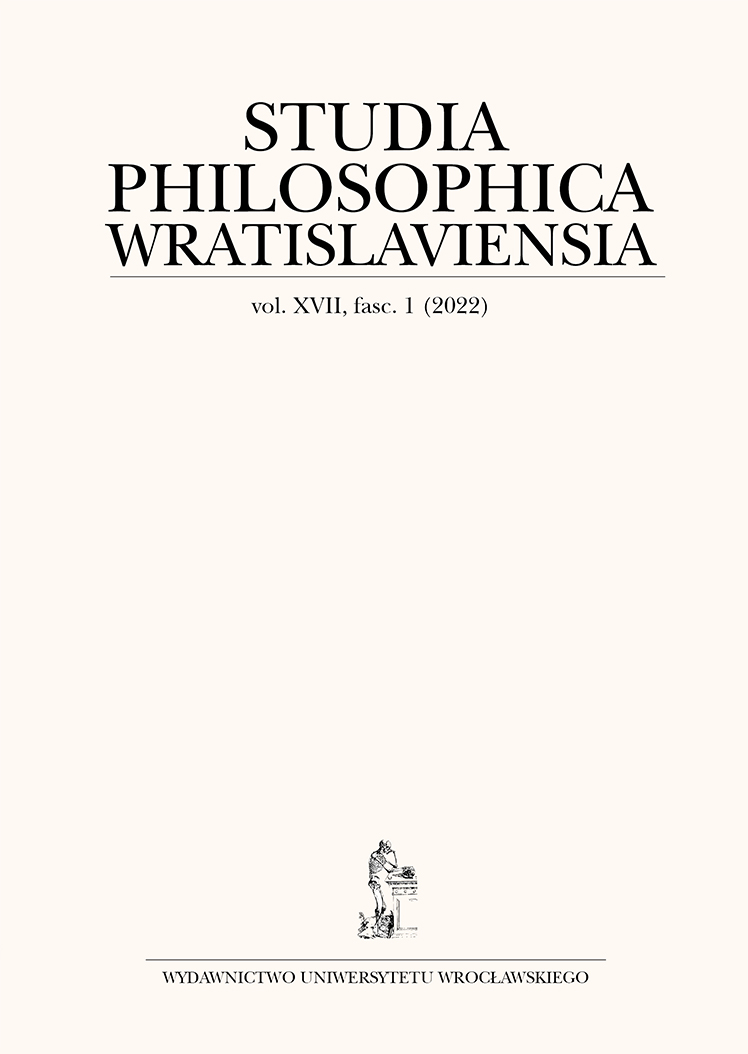

Articles

Freud was interested in the problem of memory from the time of his very early works. The processes taking place in memory, imaging, remembering and forgetting images focused his attention and were one of the pillars of shaping his conception of the unconscious and mind as “the storehouse of total memory,” which in one of his works he compared to “the Eternal City of Rome” (Culture and Its Discontents), which accumulate images-memories gathered throughout life. Shifts, changes, deformations, strong emotional components determine the specificity of many processes of remembering and forgetting, a specific “coding” of information in the form of visual, acoustic and other images. Nowadays, there are indications of Freud’s views in various dimensions of scientific research on memory and the consciousness of the importance of these approaches in our culture and its discovery of the role of autobiographical memory.